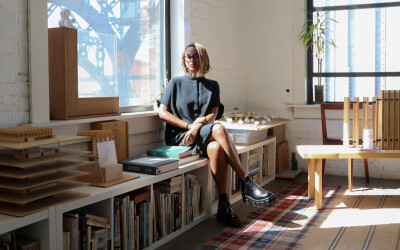There are so many factors against us when it comes to finding resources.
At the age of 13, I experienced my first serious bout of depression and anxiety. What I was experiencing included mainly an uncontrollable, relentless chokehold of self-hatred and hopeless despair. Of course, I didn’t know then that these intense mood swings constituted a mental illness. I just knew that these gruesome waves of sadness went beyond teenage angst. I was trapped in a sealed bell jar, despondent on the outside, crawling out of my skin on the inside.
The initial thought of seeking help seemed painfully daunting. Yet as the depressive episodes deepened in duration and intensity, I understood that I couldn’t continue to exist in a constant state of debilitating emotional turbulence — I wanted relief from the looped agony of living. Unfortunately, there were considerable obstacles in the way of getting help. As a black woman who grew up in a painfully white suburb in Connecticut, it was an anomaly to encounter people who looked like me. The prospect of finding a black therapist seemed like an impossible feat. Although the financial aspect wasn’t necessarily a prohibiting factor, I felt burdened by an immense sense of shame and embarrassment.
At the time, however, both of my parents were susceptible to the cultural stigma surrounding therapy — in their eyes, allowing their teenage daughter to get professional help meant that they had royally failed as parents. My father, a black man who had grown up in the same town I called home, had been instilled with the mantra of “not airing your dirty laundry out in public.” He viewed therapy as not only a violation of his privacy, but a practice largely for and exhibited by white people. My mother, an Asian immigrant, didn’t believe in the idea of paying someone to listen to all of your problems. Not only did she believe it would dishonor the family, but she also saw it as an unnecessary luxury. For my parents, though they certainly meant well, therapy was just something people of color didn’t do. My parents weren’t alone in their beliefs.



